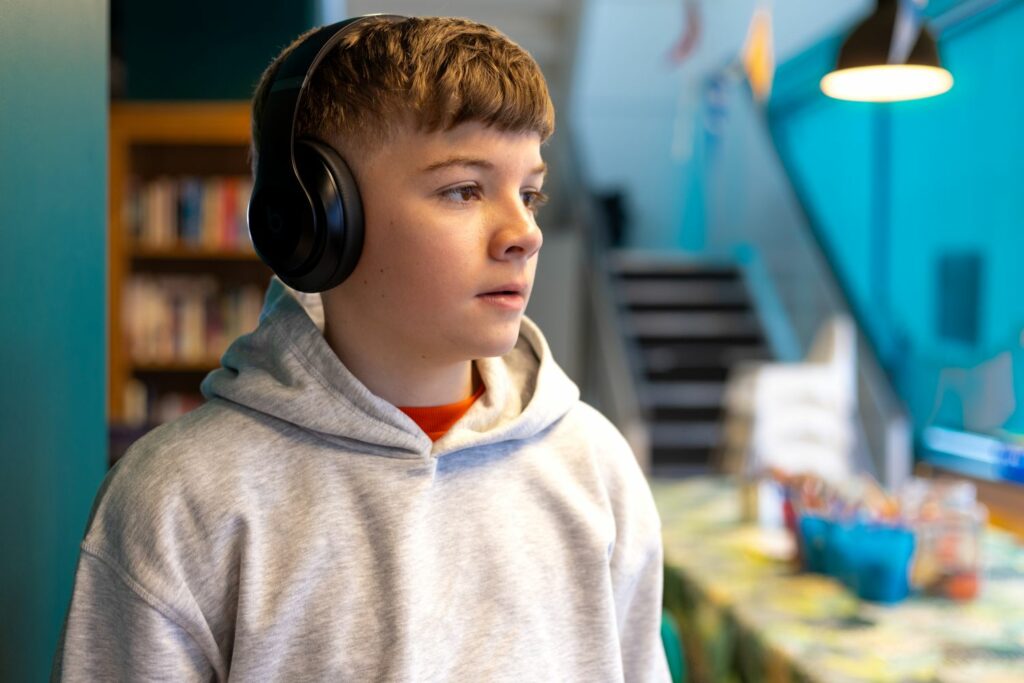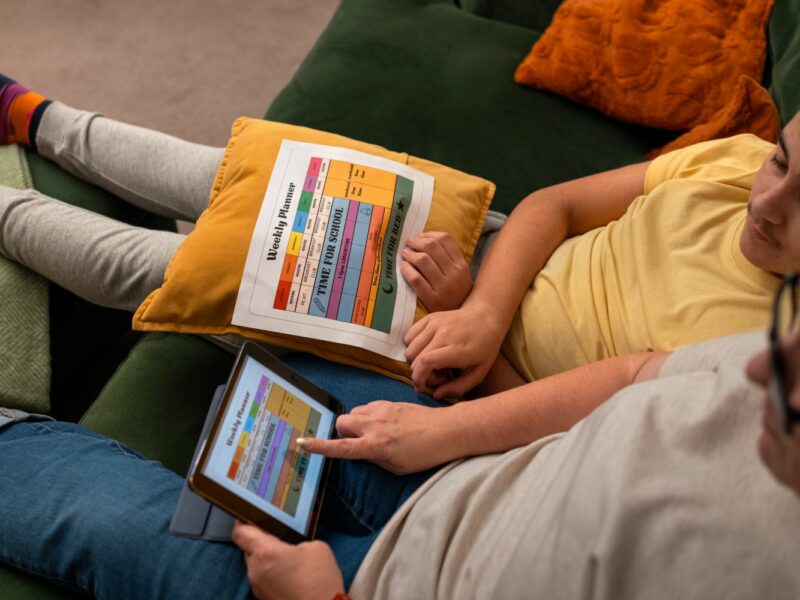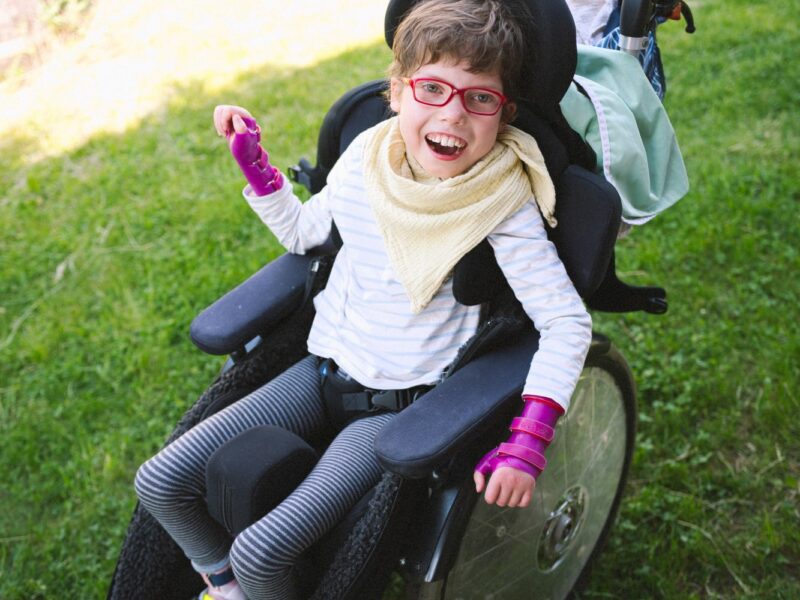Preparing for adulthood
Transitioning to adulthood
As young people with special educational needs and disabilities (SEND) grow older, they begin to move from children’s services into adult life. This process is called “transition” and it can involve changes in education, health care, social care, and support for independent living. Planning for these changes should start early and be centred around the young person’s hopes, strengths, and needs. This page explains what to expect at different stages, from Year 9 onwards, and how families and young people can be supported to prepare for adulthood with confidence.
Post-16 transitions

When a young person with SEND finishes school, they may move on to:
- college or sixth form
- apprenticeships or training
- supported internships
- employment
- community based learning or day services
If a young person has an EHC plan:
- the local authority must review the plan and name the next setting by 31 March before the September start
- you can request a specific college or training provider to be named in the plan
- the plan must include support for preparing for adulthood, including:
- education and employment
- independent living
- community participation
- health and wellbeing
If you disagree with the LA’s decision, you can appeal to the SEND Tribunal.
If a young person does not have an EHC plan
They may still receive SEN Support in college or training. Providers must:
- use a graduated approach: Assess, Plan, Do, Review
- make reasonable adjustments under the Equality Act 2010
- work with the young person and their family to plan support
Post-19 transitions

When a young person with SEND turns 19, they may move on to:
- further education or training
- supported internships or employment
- adult social care services
- community-based learning or day opportunities
- independent or supported living
EHC plans after age 19
EHC plans can continue beyond age 19 if the young person is still in education or training and the plan is helping them achieve their outcomes. The local authority must:
- review the plan at least annually
- consider whether the young person is making progress
- decide whether the plan is still needed
- if the LA decides to cease the plan, they must:
- consult with the young person and their family
- provide a written explanation
- offer support through adult services if appropriate
You can appeal the decision to the SEND Tribunal.
Support without an EHC Plan
Young adults without an EHC plan may still receive support through:
- adult social care (via a Care Act assessment)
- reasonable adjustments under the Equality Act 2010
- local authority adult learning services
- Jobcentre Plus and supported employment schemes.
Education and Employment Pathways
Young people with an EHC plan may continue on a study programme up to age 25. These programmes should include English and maths at an appropriate level. Some students may work towards academic qualifications like GCSEs, while others benefit from work experience and non-qualification programmes that prepare them for adult life.
Supported Internships are structured study programmes based mainly at an employer. They help young people with SEND develop skills for work through real-life experience. Internships usually last a year and include unpaid placements of at least six months, with the aim of moving into paid employment.
Traineeships are education and training programmes with work experience, designed for young people aged 16 to 24 who need help becoming work-ready. They include job preparation, English, maths, and practical experience.
Access to Work grants can help cover the cost of support needed during a supported internship or traineeship. These grants are available to young people aged 16 or over with a disability or health condition. They can be used for equipment, travel, job coaching, mental health support, and more.
Social Care and the Care Act 2014
The Care Act 2014 places legal duties on local authorities to support young people transitioning from children’s to adult services. If a young person is likely to need adult social care, the local authority must carry out a transition assessment before they turn 18. This applies even if they haven’t previously received children’s social services.
Assessments should happen when it’s easier to understand what the young person’s needs will be beyond age 18. If the local authority decides not to carry out an assessment, they must explain why in writing and offer advice on how to prevent or delay future care needs.
For young people aged 18 or over who still have an EHC plan, adult social care support is provided under the Care Act. The care and support plan should form the “care” element of the EHC plan.
Young adults may need to contribute to the cost of their care. The local authority will carry out a financial assessment to determine this. Costs may include home care, day activities, supported living, or support from a personal assistant.
Carer’s assessments are also available. These look at the impact of caring on the parent or carer, and explore whether they want to continue caring, work, study, or take part in social activities. If eligible, a support plan will be agreed.
Health Transitions
Moving from child to adult health services can be challenging. Young people may see a different team or attend a different hospital. It’s important that the transition is well planned, with clear communication between teams. A young person should not be discharged from children’s services until they have been successfully transferred to adult services.
Annual Health Checks are available for young people with learning disabilities. These checks include physical exams, mental health assessments, medication reviews, and checks for chronic conditions like asthma or diabetes. If a learning disability has a specific cause, additional tests may be offered, for example thyroid checks for people with Down’s syndrome.
The health check is also a good opportunity to review any transitional arrangements that need to be in place before the young person turns 18.
If a young person’s main SEND need is health-related, they should be referred for an Adult Continuing Health Care Assessment well before their 18th birthday. This allows time to complete the assessment and plan the care they are entitled to. If there is no adult health service to transition to, their GP will manage their health needs.
Further information:
IPSEA – What does SEN Support in post-16 education mean?
Contact – Education beyond 16
GOV.UK – Access to Work: get support if you have a disability or health condition
NHS – NHS continuing healthcare
GOV.UK – SEND: 19- to 25-year-olds’ entitlement to EHC plans



